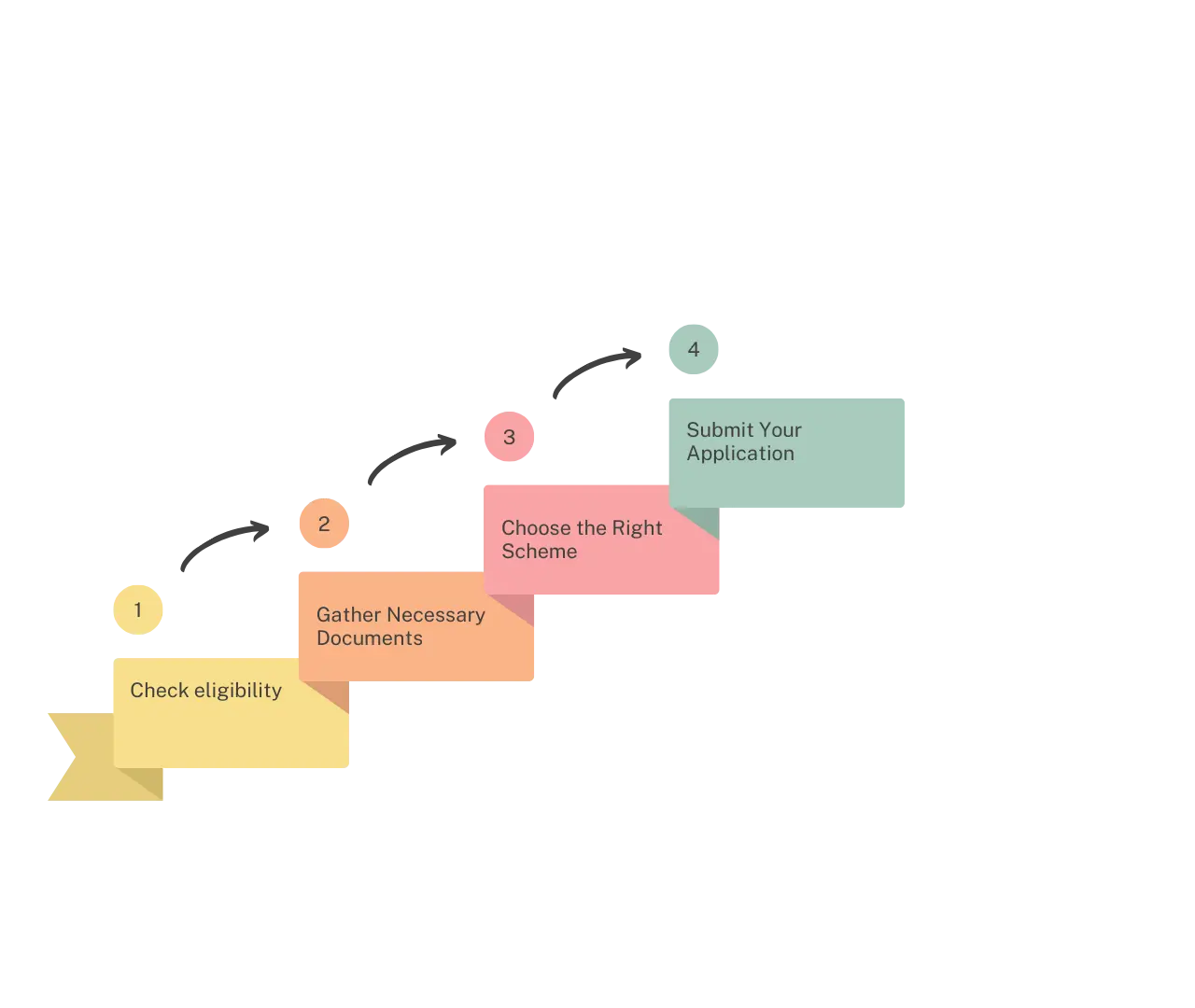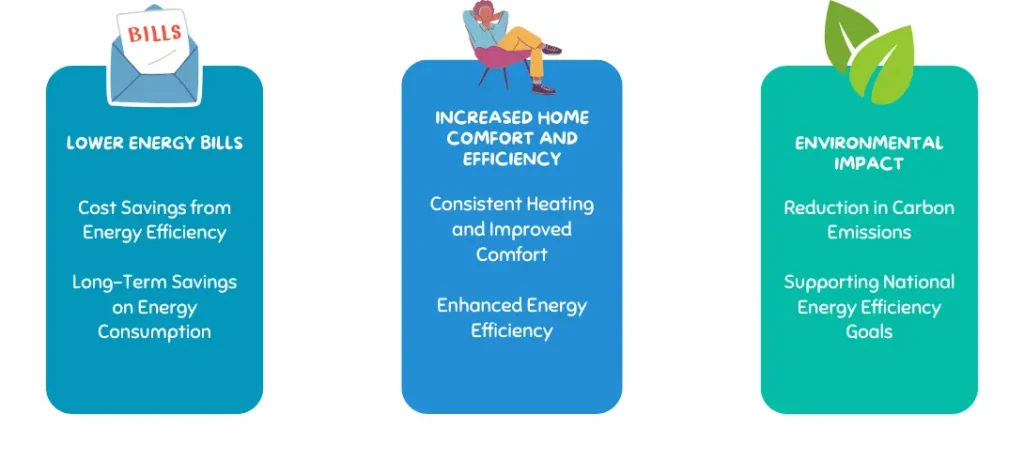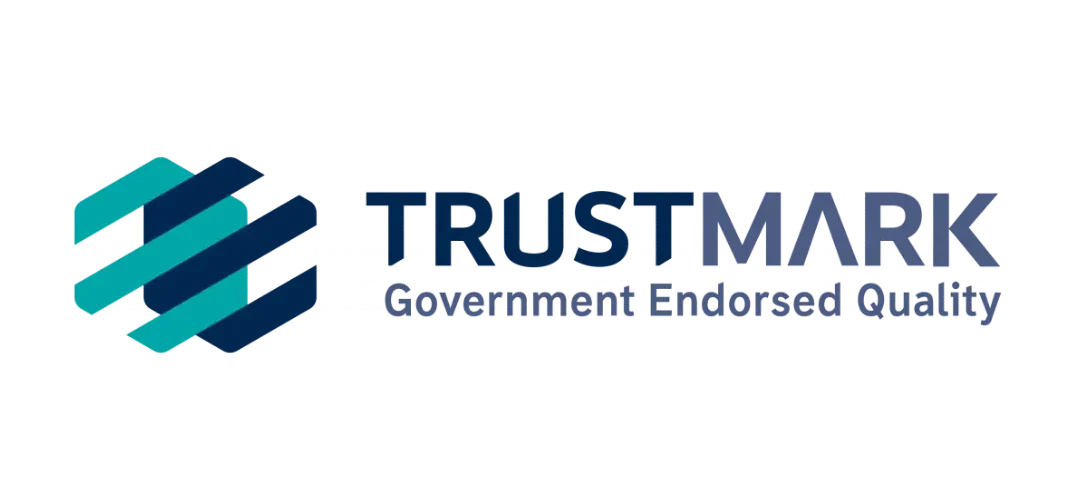Introduction to Boiler Grants
As energy costs continue to rise, many households are searching for ways to reduce their heating expenses and improve their home’s energy efficiency. Boiler grants have become a valuable solution for qualifying homeowners in need of new, energy-efficient heating systems. These grants are designed to help reduce the financial burden of upgrading to a modern boiler, especially for low-income households or those facing other economic challenges.
What Are Boiler Grants?
Boiler grants are government-funded programs that assist eligible households in replacing outdated, inefficient boilers with newer, more energy-efficient models. The grants are typically part of broader energy efficiency initiatives aimed at improving the country’s heating systems and reducing carbon emissions. For eligible individuals, these grants can cover the full or partial cost of a new boiler installation, ensuring that their homes remain warm and comfortable without incurring high energy bills.

In the UK, the most well-known schemes for boiler grants include the ECO4 (Energy Company Obligation) and the GBIS (Green Boiler Installation Scheme). These programs focus on supporting those who are most in need, particularly low-income families, disabled individuals, and the elderly. By upgrading to a more efficient boiler, households can significantly reduce their heating costs and increase the overall energy efficiency of their homes.
The Importance of Boiler Grants in 2025
In 2025, the importance of boiler grants is more pronounced than ever. With rising fuel prices and growing concerns over climate change, making the switch to energy-efficient heating systems has become a crucial step toward reducing household energy consumption. Modern boilers use less energy to heat homes, which not only helps homeowners save on their utility bills but also contributes to reducing the environmental impact of heating.
As part of the UK’s commitment to achieving net-zero emissions by 2050, initiatives like boiler grants are essential in enabling the transition to greener, more sustainable energy solutions. For households in need, these grants provide an opportunity to improve their living conditions and reduce their carbon footprint, making them an important resource in the fight against climate change.
Types of Boiler Grants Available in 2025
ECO4 Boiler Grants
The ECO4 (Energy Company Obligation) scheme is a key government initiative that focuses on improving heating efficiency for low-income households and vulnerable individuals. It is designed to help those who struggle with the cost of heating their homes and need support to replace old, inefficient boilers. The scheme is part of the UK’s wider efforts to reduce carbon emissions and enhance energy efficiency.
What is the ECO4 Scheme?
The ECO4 scheme is a government-backed initiative that mandates large energy suppliers to help eligible households improve their home energy efficiency. It specifically targets those in lower-income households, those receiving benefits, or individuals with disabilities. Under this program, qualifying homes can receive financial assistance to replace old, inefficient boilers with new, energy-efficient models that reduce heating costs and energy consumption.
Who is Eligible for ECO4 Boiler Grants?
Eligibility for the ECO4 boiler grant depends on several factors, including income, household size, and benefits status. To qualify, applicants must meet specific criteria such as receiving certain benefits (e.g., Pension Credit, Universal Credit), or living in a low-income household. Vulnerable individuals, such as the elderly or those with disabilities, may also be eligible. In addition, applicants must own their property or have the landlord’s consent if they are tenants.
What Does the ECO4 Grant Cover?
The ECO4 grant can cover the full or partial cost of replacing an old boiler with a more energy-efficient model. The grant also provides support for additional energy-saving measures, such as insulation and draught-proofing, which can help reduce overall heating bills. The specific coverage depends on the applicant’s eligibility and the energy supplier they work with. For those who qualify, this grant can provide significant financial relief, making the switch to a more efficient boiler affordable.

GBIS Boiler Grants
The GBIS (Great British insulation Scheme) is another vital government initiative aimed at improving home energy efficiency. It supports households in upgrading their heating systems to more sustainable and energy-efficient alternatives.
What is the GBIS?
The Great British insulation Scheme (GBIS) is part of the UK government’s strategy to encourage homeowners to reduce their carbon footprint and improve home energy efficiency. Under this scheme, households can receive financial help to replace their old boilers with new, energy-efficient models. The goal is to reduce energy consumption, save on heating bills, and meet the UK’s environmental targets.
Eligibility for GBIS Boiler Grants
To qualify for the GBIS, applicants must meet certain eligibility requirements based on income, health, and homeownership status. Typically, the scheme targets low-income households, individuals with disabilities, and people over a certain age. Applicants must also own their property or have permission from the landlord if they are tenants. Those who fall within specific council tax bands or receive certain welfare benefits may also be eligible for assistance under this scheme.
What Does GBIS Cover?
The GBIS covers the replacement of old, inefficient boilers with modern, energy-efficient models that are designed to consume less fuel and lower overall heating costs. The grant may also cover other energy-saving measures, such as insulation or ventilation improvements, to further enhance the home’s energy efficiency. The exact coverage depends on the household’s eligibility and the energy company involved in the grant process.
Other Funding Options
In addition to the ECO4 and GBIS schemes, there are several other boiler grant programs and funding options available for households in need. These can vary by region, council, or energy provider.
Council-Specific Boiler Grants
Many local councils offer their own boiler grant schemes to help residents improve energy efficiency in their homes. These grants are often aimed at low-income families, elderly individuals, or those living in vulnerable conditions. Local councils may provide additional support for households that do not qualify for national schemes, offering either partial or full funding for boiler replacements and other energy-saving measures. To access these grants, homeowners should check with their local council or housing authority to find out what options are available.
Other Government or Charitable Assistance
Apart from government-backed schemes like ECO4 and GBIS, there are other charitable and private-sector assistance programs that provide financial help to replace old boilers. These programs are typically aimed at specific groups, such as people receiving disability benefits or pensioners, and may offer grants or low-interest loans to help cover the cost of new heating systems. Energy companies, charities, and local community groups may also offer these types of programs, which can provide further support for those who need it most.
Eligibility Criteria for Boiler Grants in 2025
Income Based Eligibility
Boiler grants are designed to assist households that struggle with high heating costs. One of the primary eligibility criteria for these grants is income-based qualification. Low-income households can benefit significantly from these schemes, as they are among the most vulnerable to energy poverty.
Eligibility for Low Income Households
For households with a low income, eligibility is often determined based on the total household income and the number of people living in the home. Many programs, including the ECO4 and GBIS schemes, have specific income thresholds that applicants must meet. These thresholds vary by scheme and can depend on factors like the number of dependents, the household’s overall financial situation, and whether anyone in the household receives state support. Typically, those with a household income below a set level, or who live on a certain percentage of the national average income, will be eligible for assistance.
State Benefits Eligibility
Individuals receiving state benefits like Universal Credit, Pension Credit, and others may also qualify for a boiler grant. Many of the government-backed boiler grant programs, such as ECO4, give priority to those who are receiving certain benefits, as these individuals are often at the highest risk of struggling to afford energy-efficient home improvements. If someone is receiving these benefits, they are automatically considered for eligibility, though additional documentation may be required to confirm their benefit status.
Health and Disability Considerations
Health conditions and disabilities play an important role in determining eligibility for boiler grants. For individuals who are elderly or have health issues that make them more vulnerable to cold temperatures, there may be additional support available.
Eligibility for Vulnerable Individuals
People who are elderly, living with disabilities, or suffering from health conditions like respiratory issues are often eligible for additional help. These individuals may require more consistent and reliable heating in their homes to maintain comfort and safety. As part of the government’s focus on improving living conditions for vulnerable groups, many grant programs are designed with these individuals in mind.
Medical Considerations for Qualification
Certain health conditions or disabilities may qualify individuals for a boiler grant, as they may require more warmth than typical homes provide. For example, someone with a heart condition or severe arthritis may have a greater need for consistent warmth. Medical documentation may be required to demonstrate the need for better heating, and grant schemes may take these conditions into account when determining eligibility.
Council Tax Band Criteria
Council tax banding is another factor that can influence eligibility for some boiler grant programs. Different regions may have specific schemes that prioritize households in lower council tax bands, which are often associated with lower-value homes.
How Council Tax Bands Affect Eligibility
Council tax bands help determine the value of a home, and homes in lower council tax bands are typically valued as more affordable. For some programs, eligibility is based on the assumption that homes in lower council tax bands are more likely to be in need of energy efficiency improvements due to the home’s age or heating systems. Applicants in these lower bands are often prioritized for support, making it important for homeowners to be aware of their council tax band when applying. Homeowners in higher council tax bands may still be eligible for grants, but they may face more competition or additional criteria for approval.
Home Ownership and Tenancy Conditions
Whether a person owns their home or rents it can also affect their eligibility for a boiler grant. Both homeowners and tenants may qualify, but they must meet specific conditions and provide different types of documentation.
Homeowners and Landlords
Homeowners can apply for boiler grants directly, but landlords who own rental properties can also apply on behalf of their tenants. For homeowners, proof of property ownership, such as a mortgage statement or title deed, may be required. Landlords must provide evidence of ownership and may need to submit consent forms from tenants if they are applying for grants to improve heating systems in rented properties.
Tenants Applying for Boiler Grants
Tenants are also eligible for boiler grants, but they must meet specific conditions. Most importantly, tenants must get the landlord’s permission before applying for a grant. This means that if a tenant wants to replace their boiler under a grant scheme, the landlord must agree to the installation of a new heating system. Tenants may need to provide a tenancy agreement or other documentation to confirm their rental status and show that their landlord consents to the work being done.

How to Apply for a Boiler Grant in 2025
Check Eligibility
Before applying for a boiler grant, it’s essential to determine if you meet the eligibility requirements for the available schemes. The first step in the application process is to assess whether you qualify based on income, health, homeownership, or tenancy conditions.
Confirming Income and Benefits Eligibility
Start by reviewing your household income and comparing it with the income thresholds set by the boiler grant schemes. If you receive state benefits such as Universal Credit, Pension Credit, or other qualifying benefits, you may be automatically eligible for a grant. Some schemes, like the ECO4, specifically target low-income households, so confirming your eligibility for these benefits is crucial.

Health and Disability Considerations
Individuals who are elderly, living with disabilities, or suffering from health conditions may be eligible for additional support. If you or anyone in your household has specific health needs that require consistent warmth, you should check whether those conditions meet the eligibility criteria. Health records or medical certifications may be required to prove the need for a more energy-efficient heating solution.
Homeownership and Tenancy Checks
Eligibility can also depend on whether you own your home or rent it. Homeowners can apply directly for a grant, while tenants may need their landlord’s permission before applying. Make sure to confirm your property status and whether landlord consent is required for tenants applying for a grant.
Step 2: Gather Necessary Documents
Once you’ve confirmed your eligibility, the next step is to gather all the required documentation. This ensures your application is complete and accurate.
Income Documentation
To prove eligibility based on income, you’ll need to provide documents such as recent payslips, tax returns, or proof of benefits. If you receive state benefits, be sure to include letters from the relevant agencies confirming your entitlement. Some programs may also request bank statements showing income deposits.
Health and Disability Documentation
If your eligibility is based on health or disability, you’ll need to provide medical records or letters from healthcare providers that verify your condition. This documentation will help demonstrate your need for a boiler grant due to your vulnerability or specific heating requirements.
Homeownership and Tenancy Proof
Homeowners must provide proof of property ownership, such as a mortgage statement, title deed, or utility bills in their name. Tenants will need to submit a rental agreement and, in some cases, a landlord consent form to show that their landlord is willing to approve the installation of a new heating system.
Step 3: Choose the Right Scheme
There are several boiler grant schemes available, and selecting the right one for your needs is crucial to getting the support you require. Two of the most common schemes are the ECO4 and GBIS programs, each with its own eligibility requirements and benefits.
Understanding the Differences Between Schemes
The ECO4 scheme focuses on low-income households, vulnerable individuals, and those receiving benefits. It is designed to improve heating efficiency and reduce energy consumption. On the other hand, the GBIS (Green Boiler Installation Scheme) specifically targets homeowners who are looking to improve their energy efficiency and reduce their carbon footprint. By understanding which scheme is most relevant to your situation, you can ensure that you apply for the one that provides the best support for your home.
Regional and Local Options
In addition to national schemes, you may also have access to regional or local boiler grant options. Some councils offer additional financial assistance, so it’s worth checking with your local authority to see if there are any additional programs available in your area. Energy suppliers may also offer their own grant schemes, which may provide additional funding or benefits for qualifying households.
Step 4: Submit Your Application
Once you’ve confirmed your eligibility and gathered the necessary documents, it’s time to submit your application.
Online Application Process
Many boiler grant schemes allow you to submit your application online. You’ll typically need to fill out an application form, upload supporting documents (such as proof of income and homeownership), and submit the form through the official website. Be sure to double-check all the required information before submitting to avoid delays in processing.
Submitting Through Local Authorities
Some boiler grants, particularly those offered by local councils, require applications to be submitted directly through local government offices. In this case, you may need to visit a council office or apply through their website. These applications often involve additional paperwork, such as proof of residency, which can take longer to process.
Application Deadlines and Processing Time
It’s important to be aware of any deadlines for the boiler grant programs you are applying for. Some schemes may have specific timeframes for applications, while others may be open year-round. Once your application is submitted, it typically takes several weeks to process. During this time, you may be contacted for additional information or documentation.
Benefits of Boiler Grants in 2025

Lower Energy Bills
One of the most significant benefits of replacing an old, inefficient boiler with a modern, energy-efficient system is the potential for substantial savings on heating costs. For many households, heating can account for a large portion of their annual energy expenses. Upgrading to a new boiler can significantly reduce the amount of energy needed to heat a home, which translates directly into lower utility bills.
Cost Savings from Energy Efficiency
Modern boilers are designed to use less energy while still providing the same level of warmth. By incorporating advanced technology like condensing systems, they maximize energy usage and minimize waste. As a result, households that upgrade to these systems will notice a dramatic reduction in their heating costs. Over time, this can lead to hundreds of pounds saved each year, especially for families with high heating demands.
Long-Term Savings on Energy Consumption
In addition to the immediate reduction in energy bills, new boilers tend to have a longer lifespan and require fewer repairs compared to older models. This means that over the long term, homeowners can save money not just on their energy bills but also on maintenance and repair costs. The improved efficiency ensures that the household’s energy consumption remains low, further contributing to ongoing savings.
– Increased Home Comfort and Efficiency
Upgrading to a new boiler also brings several improvements in home comfort and overall energy efficiency, enhancing the living environment.
Consistent Heating and Improved Comfort
One of the key advantages of modern boilers is their ability to provide consistent and reliable heating. Older boilers may struggle to maintain an even temperature, leading to hot or cold spots in the home. New systems are designed to offer better heat distribution, ensuring that every room in the house reaches the desired temperature quickly and efficiently. This increased reliability contributes to a more comfortable home, particularly during the colder months.
Enhanced Energy Efficiency
In addition to better comfort, new boilers are more energy-efficient, meaning they use less fuel to heat the same amount of space. This reduction in energy usage not only helps lower bills but also ensures that the home is using energy as efficiently as possible. A more energy-efficient home reduces the strain on resources and helps maintain a consistent, comfortable temperature throughout the day.
Environmental Impact
Beyond the financial and comfort benefits, upgrading to a more energy-efficient boiler also has a significant positive impact on the environment.
Reduction in Carbon Emissions
Older boilers tend to burn more fuel, which results in higher carbon emissions and contributes to climate change. Modern, energy-efficient boilers, however, burn fuel more efficiently, reducing the amount of carbon dioxide released into the atmosphere. By upgrading to a new system, households can significantly lower their carbon footprint, contributing to the global effort to combat climate change. This is an important consideration for homeowners who are looking to make more eco-friendly choices and reduce their environmental impact.
Supporting National Energy Efficiency Goals
Boiler grants play a crucial role in helping the UK meet its national energy efficiency targets. As the country moves towards achieving net-zero carbon emissions by 2050, energy-efficient home improvements like boiler upgrades are key to reducing overall energy consumption and emissions. By supporting the adoption of new, efficient heating systems, these grants contribute to national goals while also helping individual households reduce their environmental footprint.
Future Outlook for Boiler Grants in 2025 and Beyond
Government Plans for 2025 and Beyond
As the UK strives to meet its climate goals and achieve net-zero emissions by 2050, the future of boiler grants is likely to evolve, reflecting these broader energy policies. The government’s ongoing focus on sustainability and reducing carbon emissions will likely lead to changes in how boiler grants are structured, the eligibility criteria, and the scope of available funding.
Expansion of Eligibility Criteria
In the coming years, we may see an expansion of the eligibility criteria for boiler grants, allowing more households to benefit from financial assistance. Currently, grants primarily target low-income households, those receiving benefits, and vulnerable individuals. However, as energy prices continue to rise and more homeowners recognize the need for energy-efficient solutions, the government could consider broadening the criteria to include middle-income households or those in specific housing situations. This expansion could enable more people to access the support needed to replace inefficient heating systems.
Increased Funding and Grant Availability
As part of its efforts to combat climate change and reduce national energy consumption, the government may increase funding for boiler grants in the coming years. With rising energy costs and greater demand for heating system upgrades, more resources may be allocated to ensure that more households can take advantage of these programs. This would provide wider access to the support needed to improve energy efficiency and reduce heating bills.
Integration with Green Energy Goals
The UK government’s commitment to achieving net-zero emissions by 2050 will likely shape the future of boiler grants. We can expect to see an increasing emphasis on energy-efficient technologies, such as hydrogen boilers or heat pumps, as part of these initiatives. Boiler grants could become more tightly integrated with the country’s green energy targets, encouraging homeowners to adopt more sustainable heating systems that align with national energy efficiency goals.
Technological Advancements in Heating Systems
The future of home heating systems is closely tied to technological advancements. Emerging technologies in heating systems will likely influence how boiler grants are offered and the types of systems that will be eligible for support in the coming years.
Smart Heating and Home Automation
As home automation continues to evolve, the integration of smart heating systems will become more prominent. Smart thermostats and heating control systems allow homeowners to manage their heating remotely, improving energy efficiency and reducing waste. These systems learn homeowners’ preferences and adjust heating schedules accordingly, optimizing energy use. The growing adoption of smart home technology could potentially lead to new grant schemes that include funding for smart heating upgrades, making it easier for homeowners to access these energy-efficient solutions. Future boiler grants might support the installation of smart systems that allow for better energy management and lower heating costs.
Sustainability in Heating Technology
In addition to smart systems, there is a shift toward more sustainable heating technologies. The rise of hydrogen boilers and heat pumps is changing the landscape of home heating. Hydrogen boilers, which use hydrogen as a clean fuel source, could replace traditional natural gas systems, significantly reducing carbon emissions. Similarly, heat pumps, which extract heat from the air or ground, are highly energy-efficient and environmentally friendly alternatives. As these technologies become more widespread and affordable, they may be included in future boiler grant programs. This could mark a shift toward not only improving efficiency but also enhancing the environmental sustainability of heating systems.
Conclusion
In conclusion, boiler grants play a crucial role in helping eligible households make the switch to energy-efficient heating systems, reducing both their heating costs and environmental impact. As energy prices continue to rise, these grants provide an affordable solution for low-income households, vulnerable individuals, and those in need of home improvements.
The eligibility criteria for boiler grants in 2025 are broad, covering income-based qualifications, health conditions, homeownership status, and even council tax bands. By confirming your eligibility and gathering the necessary documentation, you can take advantage of these grants to replace outdated, inefficient boilers with modern, energy-efficient models.
The benefits of boiler grants extend beyond just financial savings. Upgrading to a new boiler can significantly lower energy bills, improve home comfort, and increase overall energy efficiency. Moreover, these grants help contribute to national energy efficiency goals, reducing carbon footprints and supporting the move toward a greener future.
As the government continues to enhance these schemes in 2025 and beyond, more households will likely gain access to funding for energy-efficient solutions. With the right information and the proper steps, anyone eligible can take advantage of these grants and make a lasting, positive impact on their home’s energy performance.










